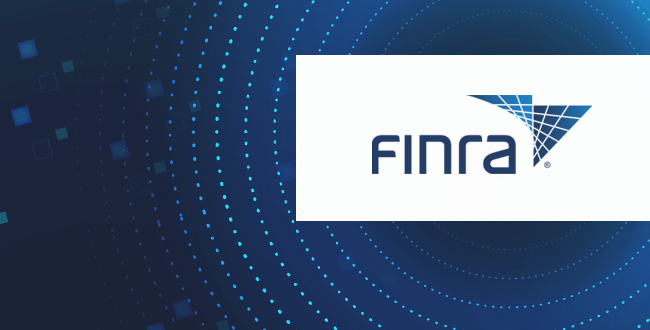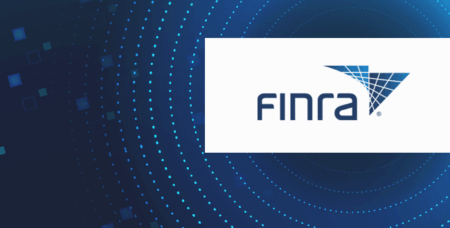Georgia Public Records: A Guide to Meeting Open Records Requirements and Improving Transparency
In today’s digital communications era, state and local government agencies in Georgia encounter a complex landscape of public records laws. Complying with the requirements of these laws is essential for fostering public trust and ensuring operational efficiency. Discover how Smarsh can be a key partner in navigating this journey successfully.
Why this matters
Compliance with the Georgia Open Records Act ensures transparency and accountability. Failure to comply could lead to penalties and damage to your agency’s reputation. And the situation continues to grow more complex.
According to a recent Granicus Public Records Complexity Benchmark Report, the volume of record requests is up to 136% since 2018 while the quantity of response documents sent to requesters has increased up to 179% in the same time period.
Smarsh provides the tools government agencies in Georgia need to handle public records effectively, reinforcing the agency’s commitment to openness and responsibility.
Georgia government agencies and educational institutions utilize a variety of digital communication channels to improve collaboration and engagement with employees and the community.
These communications are all considered public records. Under the Georgia Open Records Act, “All public records shall be open for personal inspection and copying, except those which by order of a court of this state or by law are specifically exempted from disclosure.” As communication methods have evolved, meeting these requirements has become more complex and time-consuming. Government agencies must now capture, store, and produce content from emails, collaboration tools, text messages and social media platforms.
The Georgia Open Records Act: What you need to know
The Georgia Open Records Act and the Georgia Open Meetings Act are both part of Georgia’s Sunshine Laws, a set of laws designed to make government more transparent and accessible to the public. It mandates that the public receives access to the public records of all state and local government agencies, thereby ensuring both accountability and transparency.
Georgia agencies are required to respond to public records requests within a “reasonable amount of time,” defined as three business days. If the records exist and are eligible but cannot be made available in three business days, a written description of the records and a timeline for their availability must be provided by the agency. Failure to comply can result in a penalty of up to $1,000 for a first violation and up to $2,500 for each additional violation within a one-year period.
Effortlessly comply with recordkeeping requirements
Failure to follow these laws is not an option, as the fines reflect. But beyond the financial cost, agencies also run the risk of legal action and civil lawsuits if public records are not kept, maintained, and made available in a reasonable timeframe upon request.
In today’s hyper-connected world, it is essential for state and local governments to prioritize transparency. Avoiding potential pitfalls is critical to building public trust. By complying with public records laws, agencies show their commitment to openness and accountability. This, in turn, enhances confidence among citizens and stakeholders while improving the agency’s reputation and credibility.
Smarsh is your records management partner
Smarsh offers more than a simple archiving solution – we serve as a trusted strategic partner as you navigate the open records landscape. With the Smarsh platform, you can experience advanced data capture and archiving in one place. Our comprehensive solution integrates data capture, archiving and advanced search capabilities, simplifying records management and ensuring you meet all recordkeeping requirements with ease.
Our robust archive ensures that records are securely stored and easily retrievable, making public records requests a straightforward process.
Whether you’re a small local government office or a large educational institution, Smarsh solutions can be tailored to fit your needs. The platform’s customization capabilities ensure that your processes remain seamless as your agency and records grow. Additionally, powerful reporting tools allow you to generate detailed reports customized to meet the specific requirements of Illinois' public records laws. Stay audit-ready with organized and accessible documentation.
Stay ahead of public record requests
Do not let the complexities of public records laws hold your agency back. Embrace the future of records management with Smarsh. Visit our website to explore our solutions and see how we can transform your recordkeeping strategy.
Share this post!
Smarsh Blog
Our internal subject matter experts and our network of external industry experts are featured with insights into the technology and industry trends that affect your electronic communications compliance initiatives. Sign up to benefit from their deep understanding, tips and best practices regarding how your company can manage compliance risk while unlocking the business value of your communications data.
Ready to enable compliant productivity?
Join the 6,500+ customers using Smarsh to drive their business forward.






Subscribe to the Smarsh Blog Digest
Subscribe to receive a monthly digest of articles exploring regulatory updates, news, trends and best practices in electronic communications capture and archiving.
Smarsh handles information you submit to Smarsh in accordance with its Privacy Policy. By clicking "submit", you consent to Smarsh processing your information and storing it in accordance with the Privacy Policy and agree to receive communications from Smarsh and its third-party partners regarding products and services that may be of interest to you. You may withdraw your consent at any time by emailing [email protected].
FOLLOW US